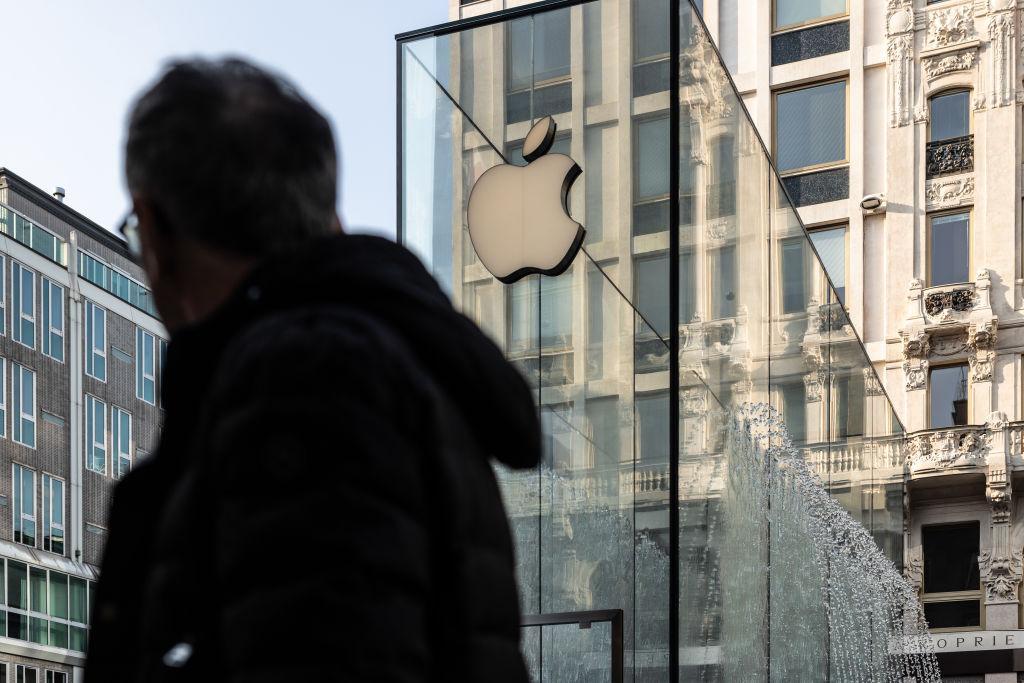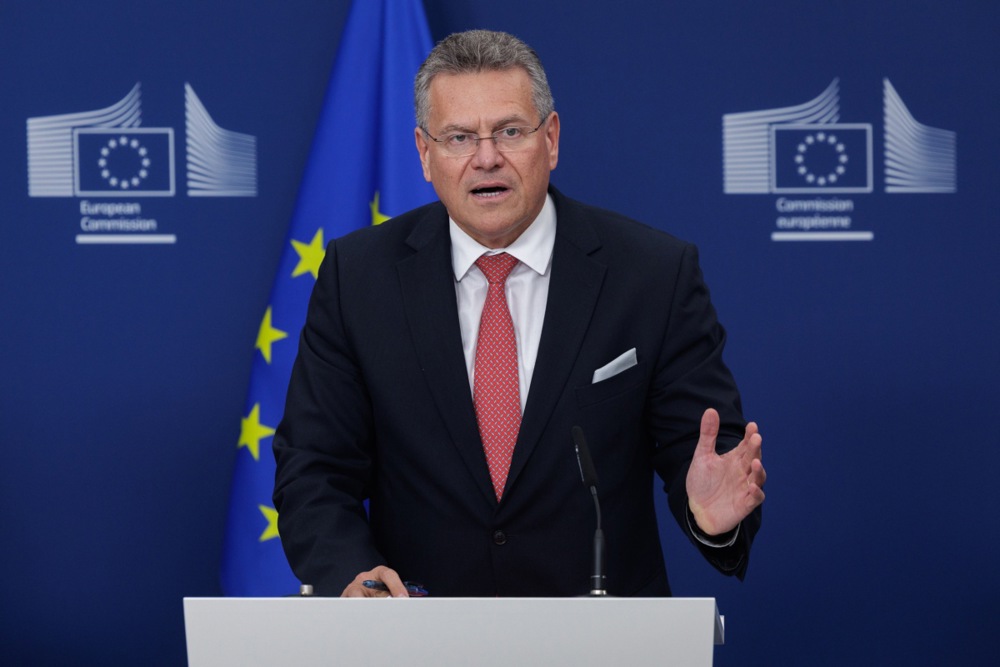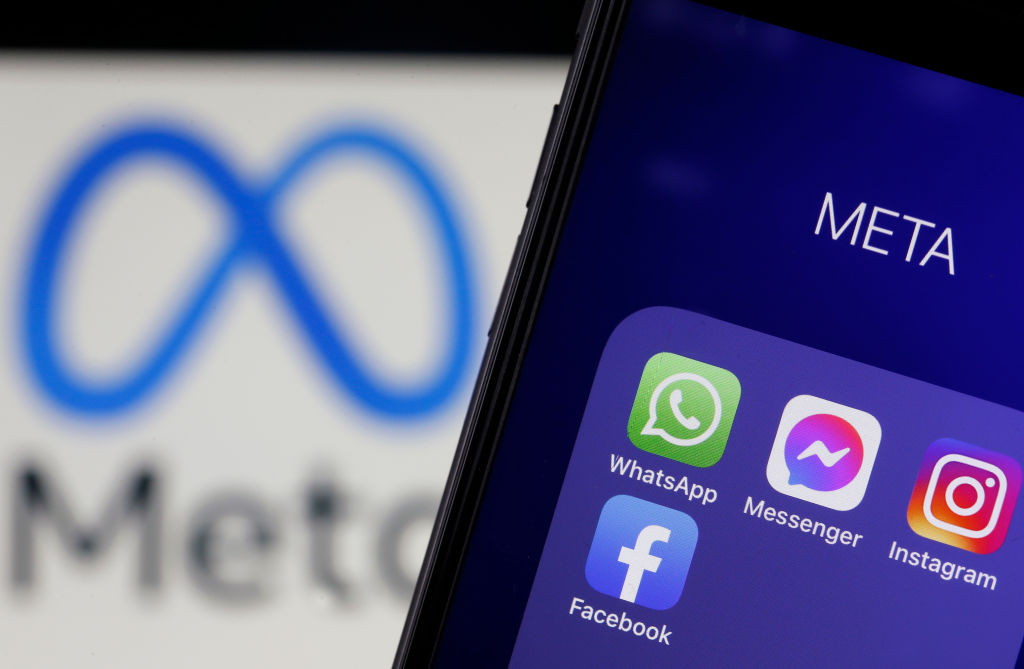Facebook owner Meta has defended its revised advertising model at a closed-door hearing with the European Commission.
It came as the company pushed back against a €200 million fine and growing regulatory pressure from the European Union.
The fine was issued because Meta’s current setup asked users to either pay for an ad-free experience or accept targeted ads that use their personal data. The EU said that “all-or-nothing” choice did not comply with new rules designed to give users clearer control over how their data was used.
Meta disagreed, as expressed in a statement released on July 3, the day of the hearing.
The company’s legal head Tim Lamb said the EU’s decision ignores an important ruling by Europe’s top court that supports offering users a choice between paying for a subscription or receiving ads based on consent.
Meta said it was being treated unfairly because other companies in Europe were allowed to use this same approach.
Meta also criticised the EU’s demand that it offer a third option with “less personalised ads” — ads that did not use as much personal data — and that the option must be free.
Meta said that model was not financially sustainable and resulted in a poorer experience for both users and advertisers.
According to Meta, these less personalised ads used far less data, making them less relevant and interesting. Early results showed users were closing these ads almost nine times more often because they find them repetitive or irrelevant.
Small businesses, which make up most of Meta’s advertisers, said this change had led to fewer sales and less effective advertising.
Meta’s statement said the EU’s decision actually went against the goals of the new rules, ignoring how real businesses work and not listening to feedback from advertisers.
This conflict was part of the EU’s larger effort to regulate powerful tech companies and give people more control over their data.
Earlier this year, the EU fined Meta and Apple a total of €700 million for similar issues under these new laws.
The European Commission has said it would strongly defend the fines. Meanwhile, Meta called the penalties similar to a “multi-billion euro tariff”, saying they forced the company to change its core business unfairly.
The dispute also came amid wider tensions between the EU and the US over digital regulation in the context of trade, which has been controversial since US President Donald Trump’s “liberation day” regarding tariffs plans on April 3.
The US Government has threatened to bring back steep duties on European goods in response to EU digital taxes and regulations, which the US saw as unfair barriers to its domestic companies.
EU officials insisted their new rules were fair and legal, not aimed at hurting US firms.
But some EU countries disagreed on how to handle the threat of tariffs, with a number willing to accept compromises while others wanted to protect Europe’s right to regulate tech companies as they saw fit.
The hearing may not resolve the disagreement but it would likely show how much room there was — or was not — for compromise inside the EU’s new rulebook for tech.





